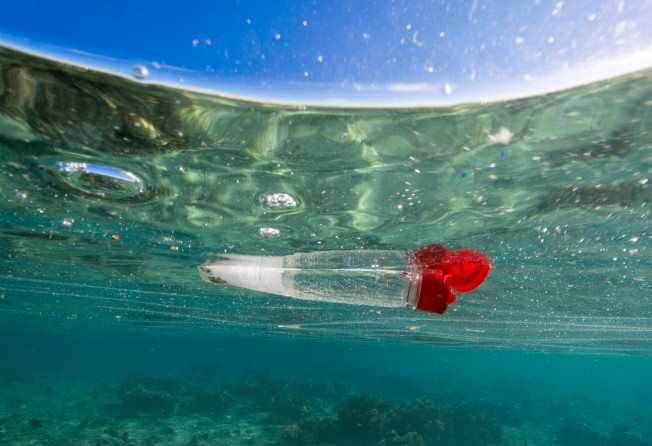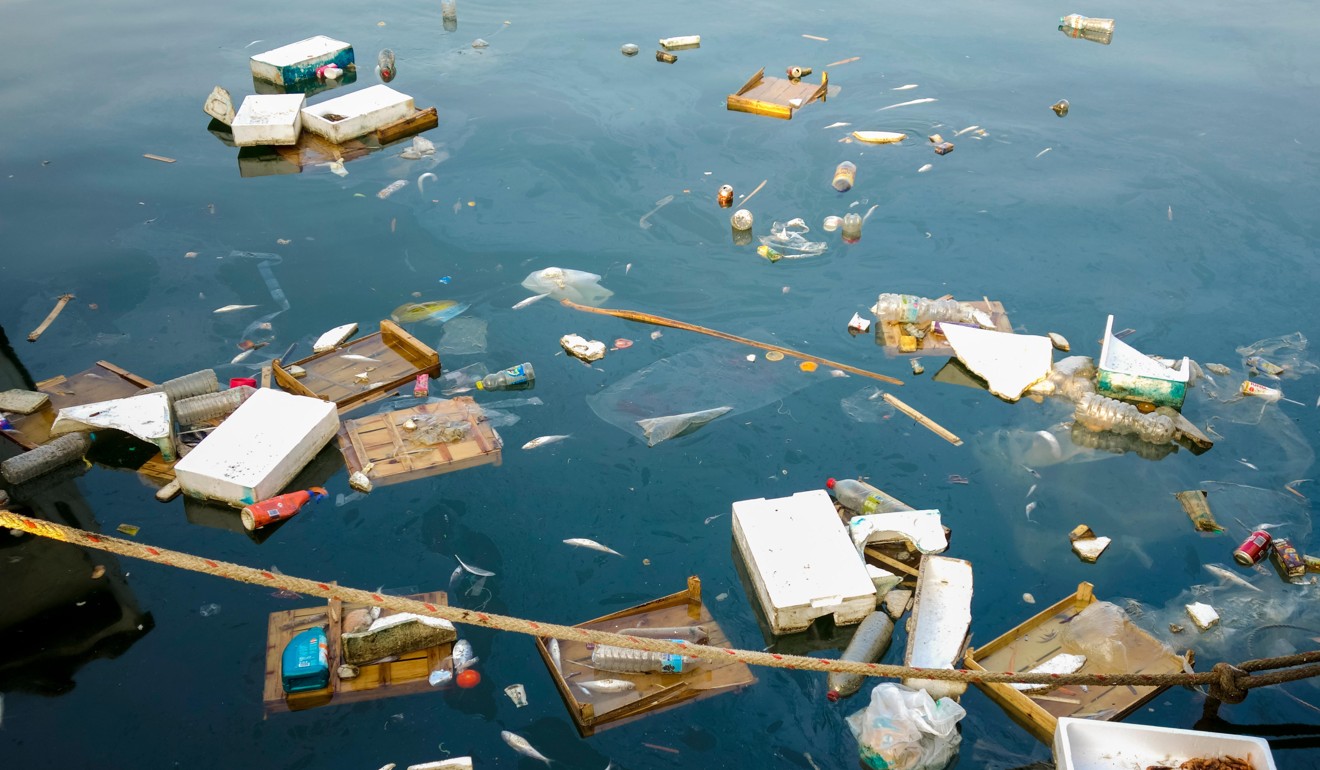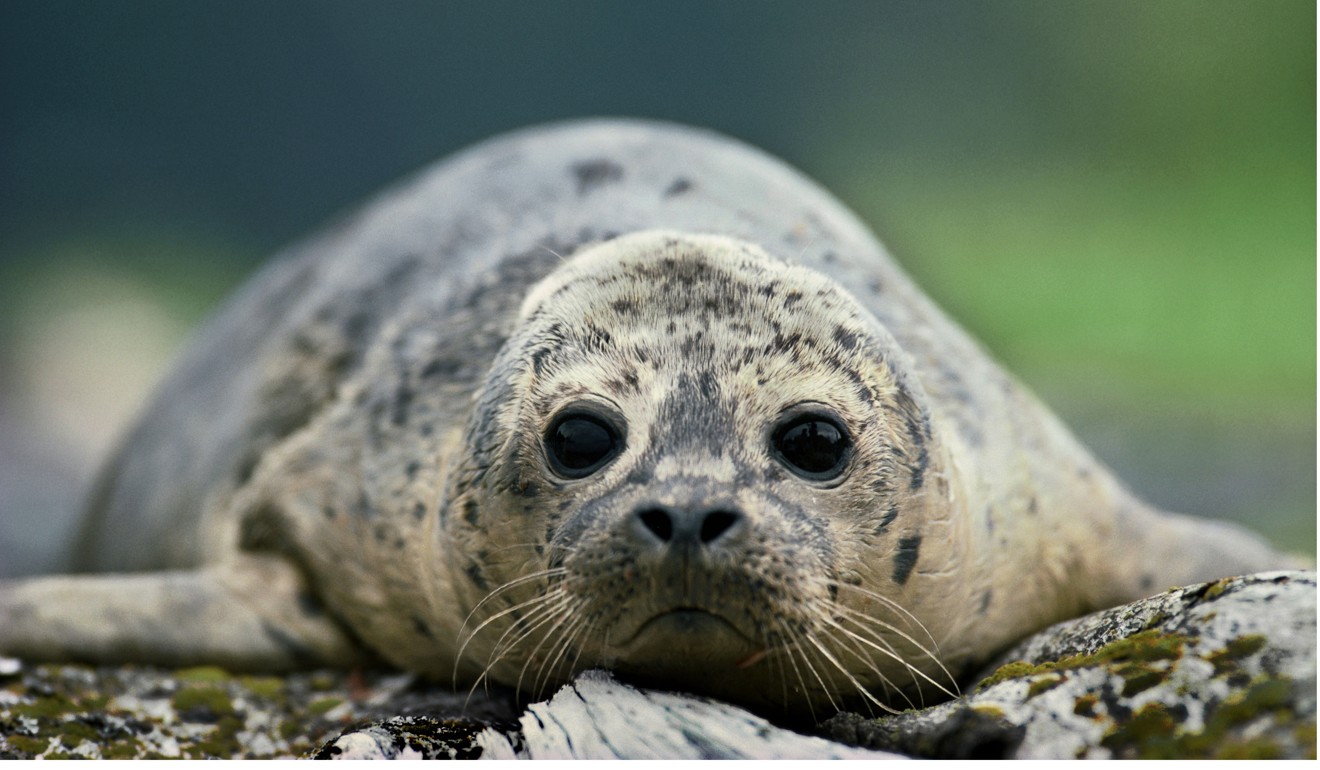A post shared by Trapman (@trapman_bermagui) on Mar 28, 2018 at 12:20am PDT
Four ways plastics are killing marine life, and reaching the oceans’ furthest depths
Despite countries and states adopting policies and methods to reduce plastic waste, the tide of pollution continues, with devastating results for sea life

During a research trip in Costa Rica in 2015, marine biologist Christine Figgener and her research team found a sea turtle with a plastic straw lodged in its nostrils. The video of them removing the straw is painful to watch, but it went viral online and alerted many to how plastic, especially single-use items, is harming the ocean and its inhabitants.
Three years on, countries and states are adopting policies to reduce plastic waste: New York is considering outlawing straws, while the European Commission has proposed banning items such as disposable cutlery and cotton buds. These actions could help reduce the volume of refuse entering our seas. However, as these recent cases show, much more needs to be done to reverse the effect of years of pollution.
Tiger shark filled with plastic bags
Trapman, a fisherman from Bermagui, a town on the south coast of New South Wales, Australia, caught a small tiger shark in March. While he usually releases tiger sharks, a near-threatened species, back into the sea, this one was caught in the ropes. When he cut it open, he was shocked to find a bunch of plastic bags and wrappers in its stomach.

Seal pup mistakes plastic for food
The Scottish Marine Stranding Animals Scheme, a government-funded organisation that investigates stranded marine animals, came across an usual case this week. After conducting a necropsy on an emaciated harp seal pup, the team found a piece of plastic partially lodged in the narrow opening in its stomach that leads to the intestines.
“Death due to plastic ingestion appears thankfully incredibly rare in cetaceans and seals, but in this case it is plausible this hungry pup mistook this small bit of floating plastic for food,” the organisation wrote on its Facebook page. “This case again highlights the problem of marine debris floating around in our oceans – for a weakened seal pup such as this, even a piece of plastic the size of a sweet wrapper is potentially fatal.”

Plastic litter even in the world’s deepest trench
Plastic waste is routinely washed up on shorelines, but if you think debris is only floating along the coast, details from a study by the academic journal Marine Policy study tells a different story. Analysing video footage taken by submersibles from over 5,000 dives in the western North Pacific Ocean, a team of eight researchers found plastic litter even in the world’s deepest trench over 10,000 metres down.
Another alarming highlight from the study says: “Plastics are ubiquitous even at depths over 6,000 metres and 92 per cent [is] single-use products.”

Sperm whales suffer slow and painful deaths
In April, the body of an endangered sperm whale was found on a beach in Murcia, Spain. An autopsy conducted by the El Valle Wildlife Recovery Centre revealed the cause of its death – 29 kilograms of plastic stuck in its stomach, blocking its digestive system and triggering an infection.
And this is hardly an isolated incident. The Pelagos Cetacean Research Institute in Athens, Greece, examined the carcasses of 24 sperm whales, nine of which had huge amounts of plastic in their stomachs, causing them to suffer slow and painful deaths.